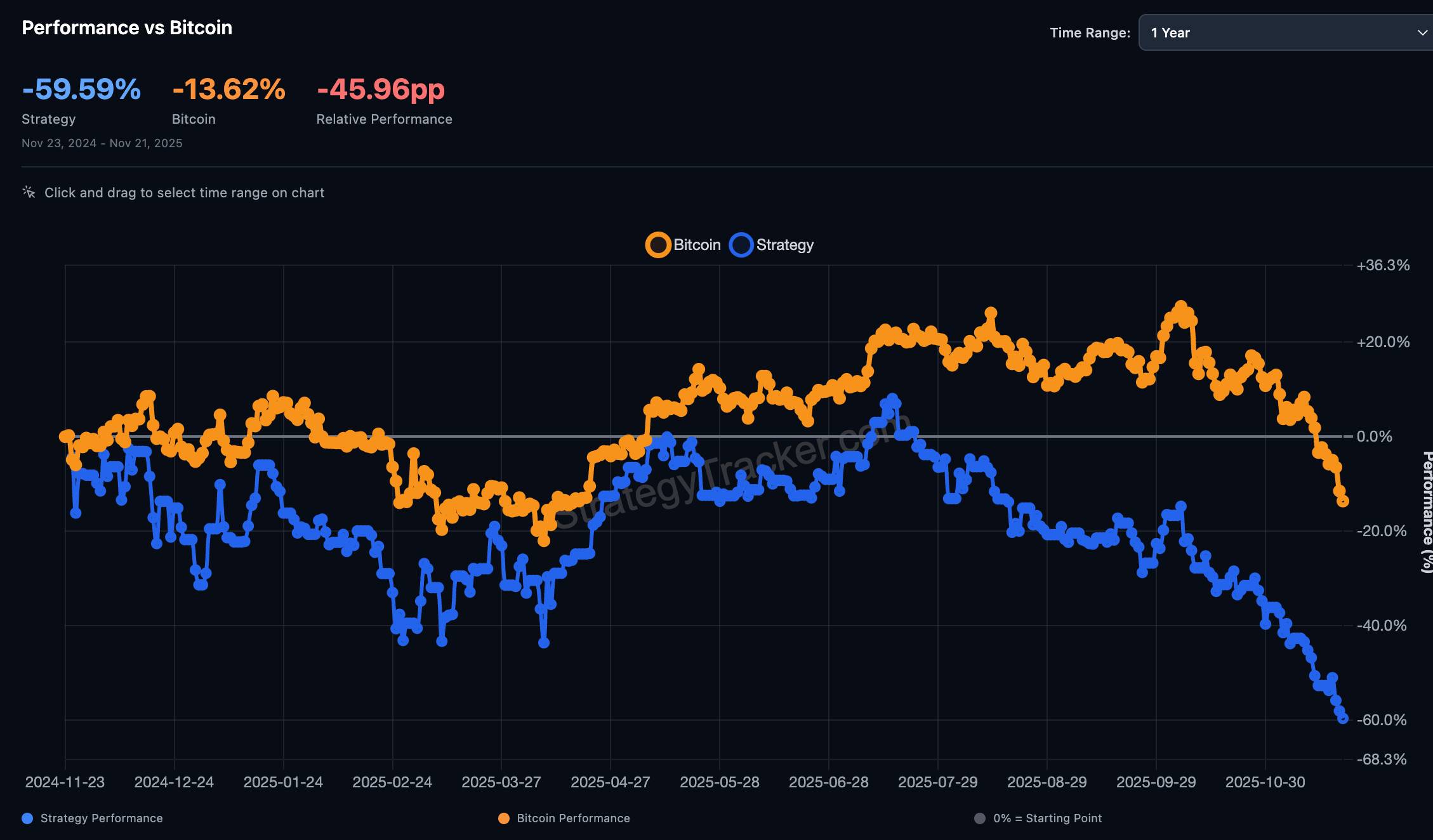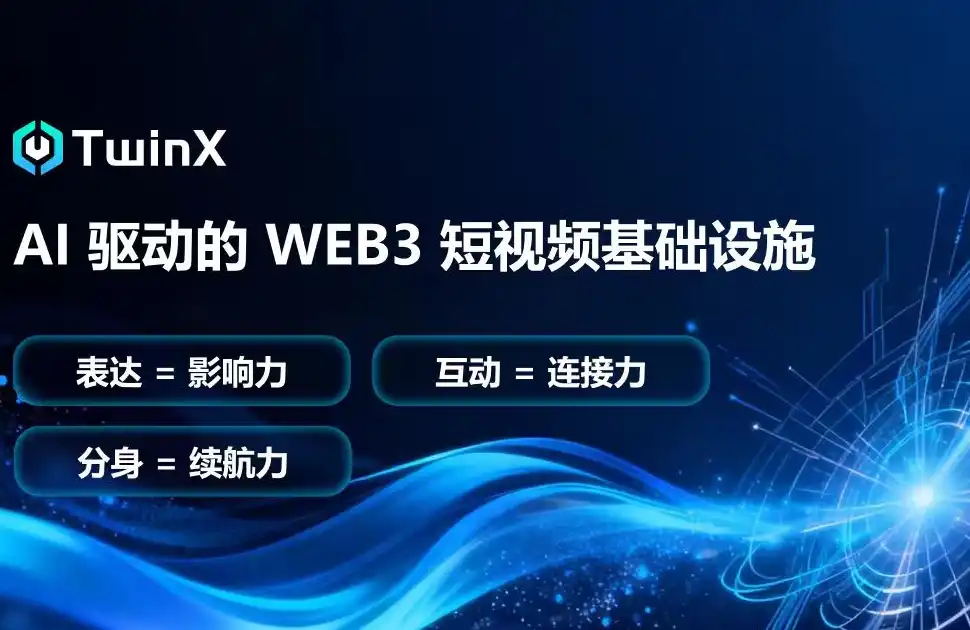El Salvador Authorizes Bitcoin Investment Banks Under New Regulatory Framework
El Salvador's Legislative Assembly has approved sweeping Investment Banking Law that allows private investment banks to hold Bitcoin and other digital assets on their balance sheets. According to Cointelegraph, the law was passed on Thursday and classifies investment banks under different regulations than commercial banks.
Investment banks operating under this framework must maintain minimum share capital of $50 million and serve only sophisticated investors. Juan Carlos Reyes, president of El Salvador's Commission of Digital Assets, told Cointelegraph that these institutions can offer crypto services to sophisticated investors, equivalent to accredited investors in the United States. Banks can request authorization to become Digital Asset Service Providers and operate entirely as Bitcoin banks.
The legislation requires sophisticated investors to have extensive market experience and minimum $250,000 in liquid assets. According to CryptoBriefing, these assets can include Bitcoin, treasury bonds, tokenized products, gold, or cash. Investment banks can conduct bond issuance, loan granting, foreign currency transactions, and complementary services under the new framework.
Why This Development Matters for Bitcoin Adoption
El Salvador's Investment Banking Law represents the world's first regulatory framework specifically designed for Bitcoin-focused financial institutions. The legislation positions the Central American nation as an emerging hub for digital finance and addresses growing institutional demand for cryptocurrency services.
Legislative Assembly member Dania González stated that investment banking helps governments, companies, and institutions raise capital for major projects. The law aims to attract international private capital, financial groups, and high-net-worth individuals to use El Salvador as a regional operations base. This regulatory development comes as global interest in government Bitcoin reserves grows rapidly. We recently reported that 15 US states are moving forward with plans for Bitcoin reserves, with Oklahoma, New Hampshire, and Pennsylvania proposing to allocate up to 10% of public funds for Bitcoin purchases.
The sophisticated investor requirement protects average citizens from cryptocurrency volatility while enabling institutional access to digital assets. Banks must demonstrate adequate risk management capabilities and maintain separation from commercial banking operations. This approach balances innovation with consumer protection by limiting high-risk exposure to qualified participants who understand digital asset markets.
Broader Industry Implications for Global Financial Systems
El Salvador's Bitcoin banking initiative could reshape international approaches to cryptocurrency regulation and institutional adoption. The framework creates precedent for sovereign digital asset integration and may influence other nations developing similar legislation.
Recent regulatory shifts in the United States support institutional cryptocurrency adoption. According to Grant Thornton, the Trump administration's support for digital assets has reduced enforcement actions and driven institutional interest. The FDIC clarified in March 2025 that US banks can engage in permissible crypto activities without prior approval, removing previous notification requirements.
Traditional financial institutions face competitive pressure as Bitcoin gains institutional acceptance. Investment banks in other jurisdictions may seek similar regulatory clarity to serve growing cryptocurrency demand from sophisticated investors. The $50 million capital requirement demonstrates El Salvador's commitment to financial stability while enabling innovation.
Critics argue that Bitcoin adoption primarily benefits institutions rather than average citizens. However, supporters view this legislation as necessary infrastructure development for broader digital asset integration. The law's focus on sophisticated investors reflects international regulatory trends that prioritize institutional adoption before retail market expansion.
El Salvador's approach may influence regional financial policy as neighboring countries observe outcomes from this experimental framework. Success could accelerate similar legislation across Latin America, while challenges might prompt more cautious regulatory approaches in other markets.
Disclaimer: The content of this article solely reflects the author's opinion and does not represent the platform in any capacity. This article is not intended to serve as a reference for making investment decisions.
You may also like
$8.8 billion outflow countdown: MSTR is becoming the abandoned child of global index funds
The final result will be revealed on January 15, 2026, and the market has already started to vote with its feet.

Deconstructing DAT: Beyond mNAV, How to Identify "Real vs. Fake HODLing"?
There is only one iron rule for investing in DAT: ignore premium bubbles and only invest in those with a genuine flywheel of continuously increasing "crypto per share."

Empowered by AI Avatars, How Does TwinX Create Immersive Interaction and a Value Closed Loop?
1. **Challenges in the Creator Economy**: Web2 content platforms suffer from issues such as opaque algorithms, non-transparent distribution, unclear commission rates, and high costs for fan migration, making it difficult for creators to control their own data and earnings. 2. **Integration of AI and Web3**: The development of AI technology, especially AI Avatar technology, combined with Web3's exploration of the creator economy, offers new solutions aimed at breaking the control of centralized platforms and reconstructing content production and value distribution. 3. **Positioning of the TwinX Platform**: TwinX is an AI-driven Web3 short video social platform that aims to reconstruct content, interaction, and value distribution through AI avatars, immersive interactions, and a decentralized value system, enabling creators to own their data and income. 4. **Core Features of TwinX**: These include AI avatar technology, which allows creators to generate a learnable, configurable, and sustainably operable "second persona", as well as a closed-loop commercialization pathway that integrates content creation, interaction, and monetization. 5. **Web3 Characteristics**: TwinX embodies the assetization and co-governance features of Web3. It utilizes blockchain to confirm and record interactive behaviors, turning user activities into traceable assets, and enables participants to engage in platform governance through tokens, thus integrating the creator economy with community governance.

Aster CEO explains in detail the vision of Aster privacy L1 chain, reshaping the decentralized trading experience
Aster is set to launch a privacy-focused Layer 1 (L1) public chain, along with detailed plans for token empowerment, global market expansion, and liquidity strategies.
